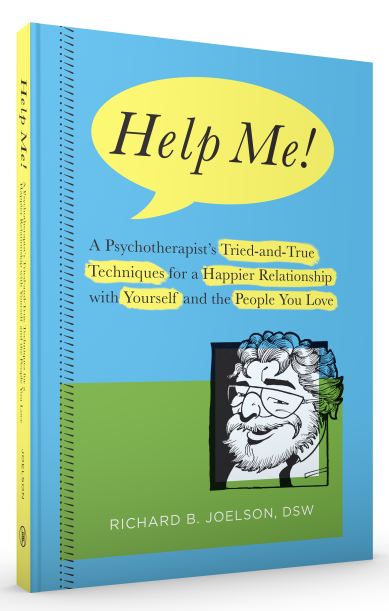When the struggle for perfection obstructs our achievable goal…
The idea for this essay came from years of observing how people tend to utilize and relate to the three concepts in the title. Good enough, excellent, and perfect can be seen as degrees on a continuum, or as independent concepts or levels. The emotional significance placed on these terms can promote or interfere with personal satisfaction and success.

Photo by skeeze/Pixabay
Frequently, clients will describe a person, an experience, or even themselves, using “perfect” as an ideal reference. Bob: “I don’t want to get married until I find the perfect woman for me.” Sheila: “my presentation to the board of directors has to be perfect.” Arthur: “The play was okay, but it wasn’t perfect.” Jill: “My fiancé’s parents are coming for dinner. I want the evening to be perfect.” Perfection references can be harmless and perhaps nothing more than an expression of enthusiasm or excitement. “I had the most perfect day yesterday at the museum!” “Everything at the surprise party went perfectly!” Problems may arise when the need for “perfect” creates disappointment or disillusionment and interferes with someone’s ability to appreciate and enjoy excellent—or even good enough—achievement.
In therapy or counseling sessions, clients will often hear me express concern when I hear “perfect” used in a way that I believe to be problematic. This often leads to an exploration of the client’s expectations and whether they are reasonable and realistic. “Perfect” dates usually aren’t, of course, but some people experience this as profoundly disappointing or, worse, inadequate and unacceptable. Bob may never find someone to marry unless he can learn to accept the flaws, limitations, and foibles of others, as well as his own. Sheila may be putting excessive pressure on herself, thereby making it more difficult to develop an excellent presentation for her board of directors. I asked Arthur, an actor himself, to define a “perfect” play for me and he was able to appreciate the unrealistic nature of his expectations when he tried to do so. Fortunately, Jill was able to relax her self-demand for perfection and instead allowed a more spontaneous and enjoyable evening with her future in-laws.
Sometimes people really don’t mean “perfect” no matter how they use the term in discussing their lives, but many do—and they become deeply disappointed when their expectations are not met. Often, major decisions—some life-altering—are made because something does not pass the “perfect” test. Individuals who struggle to achieve perfection, as they define it, may be unable to work toward a more realistic and achievable goal: excellence. “I did the best I could,” or “I gave an excellent speech” can and should replace “I was not good enough” or “My speech was not perfect.” On some occasions, “good enough” may be an acceptable level of accomplishment or achievement, as well. Many believe that “good enough” is synonymous with inadequate and find it too far from perfect to be acceptable. Perhaps attempting to apply these three levels of evaluation to your own personal and professional lives will make them even more meaningful and enjoyable, especially if you are able to be realistic and fair to yourself and others in doing so.
